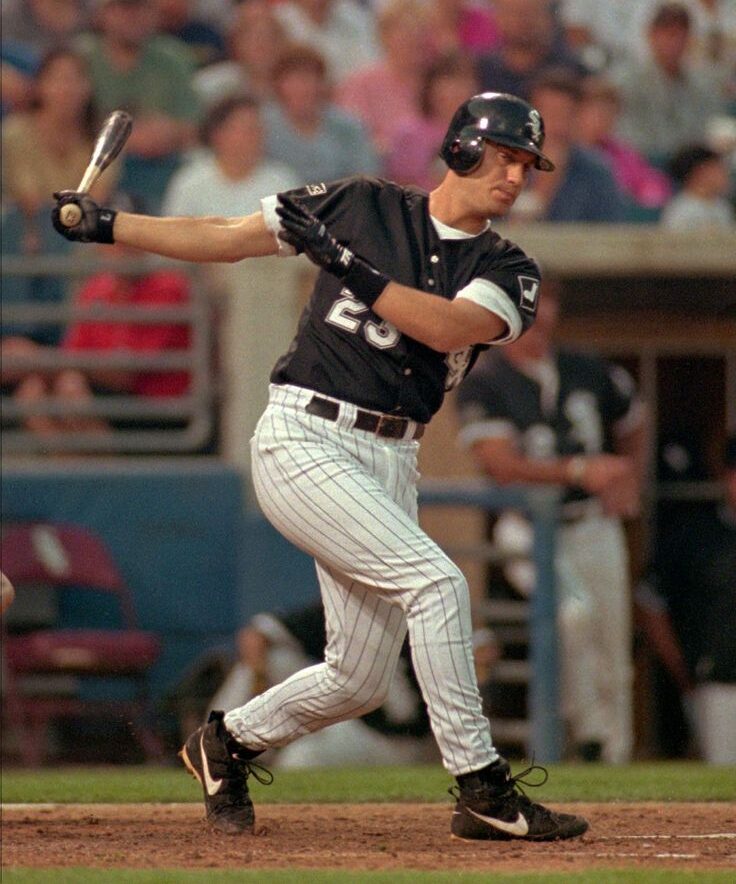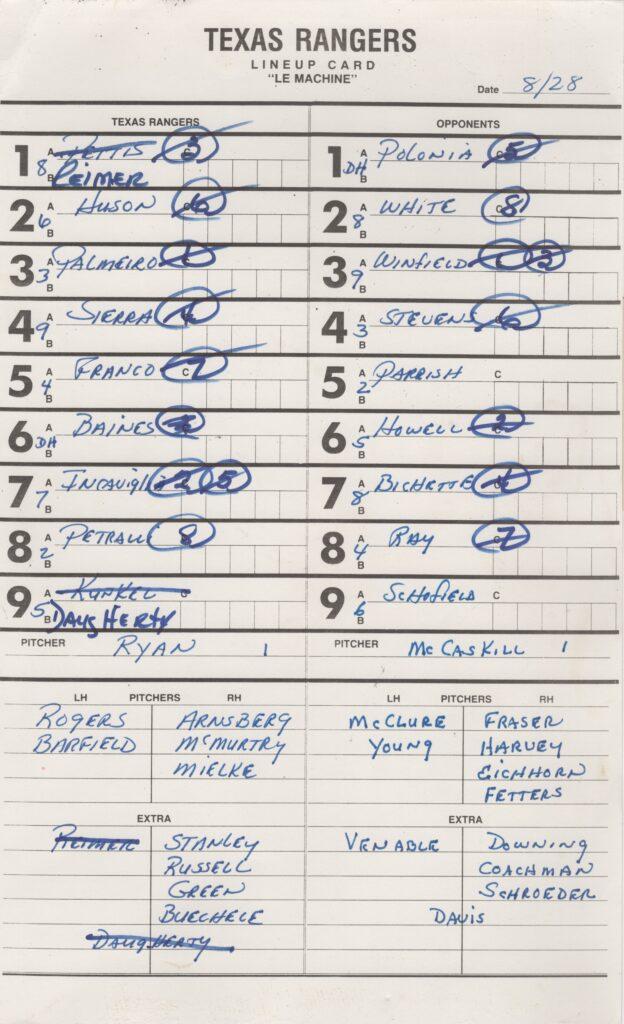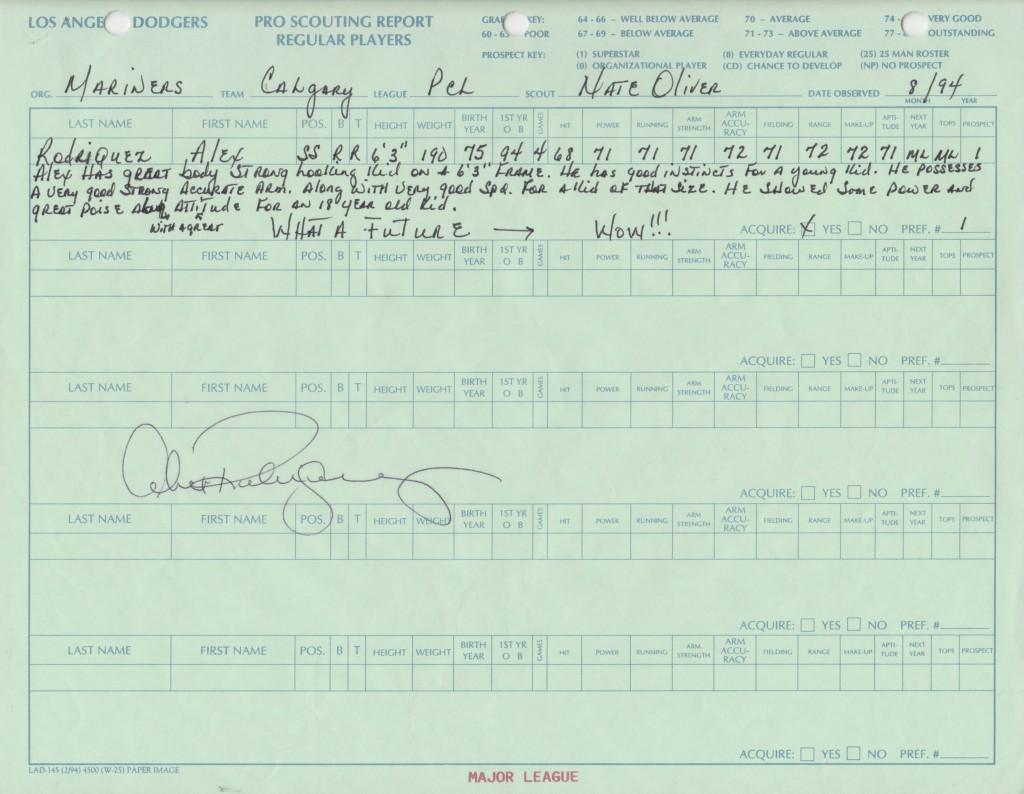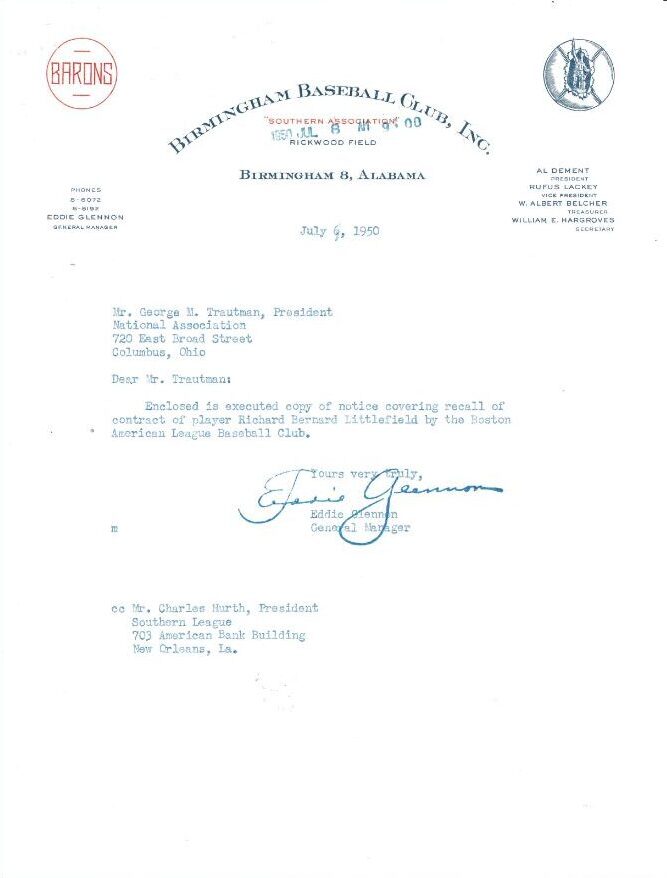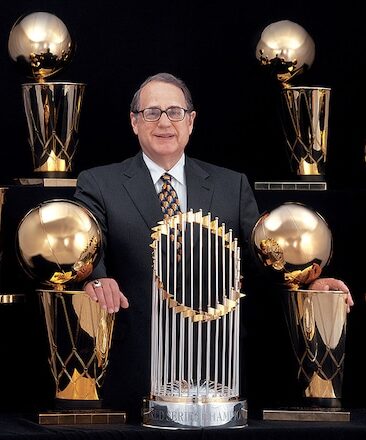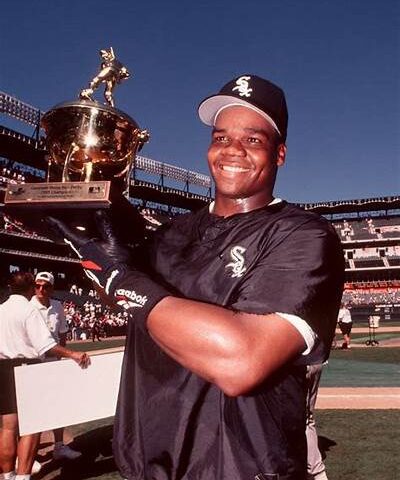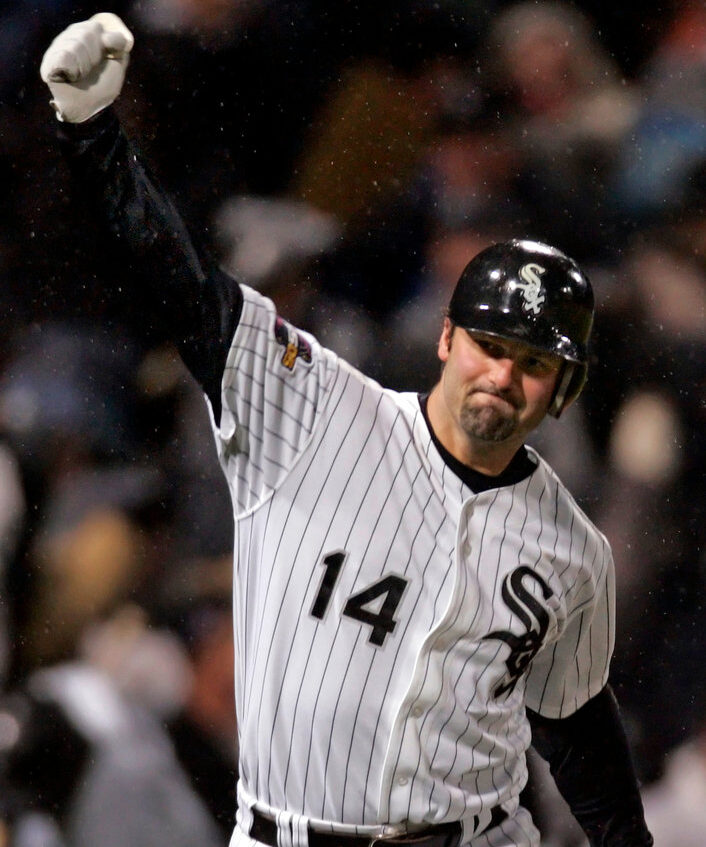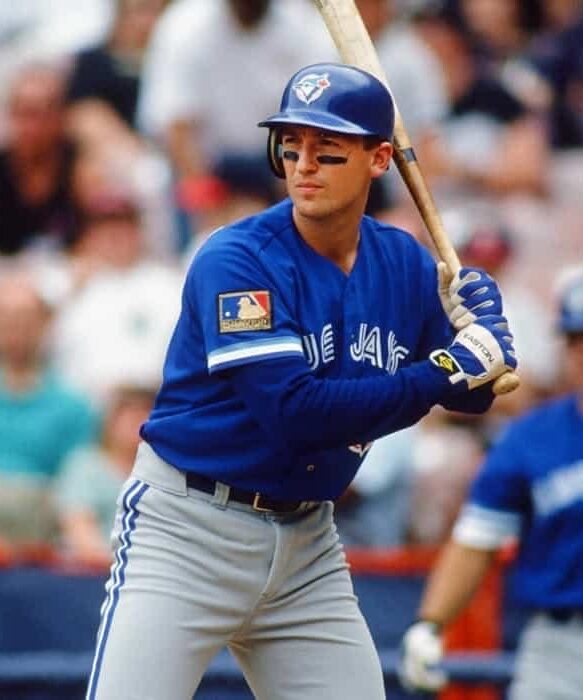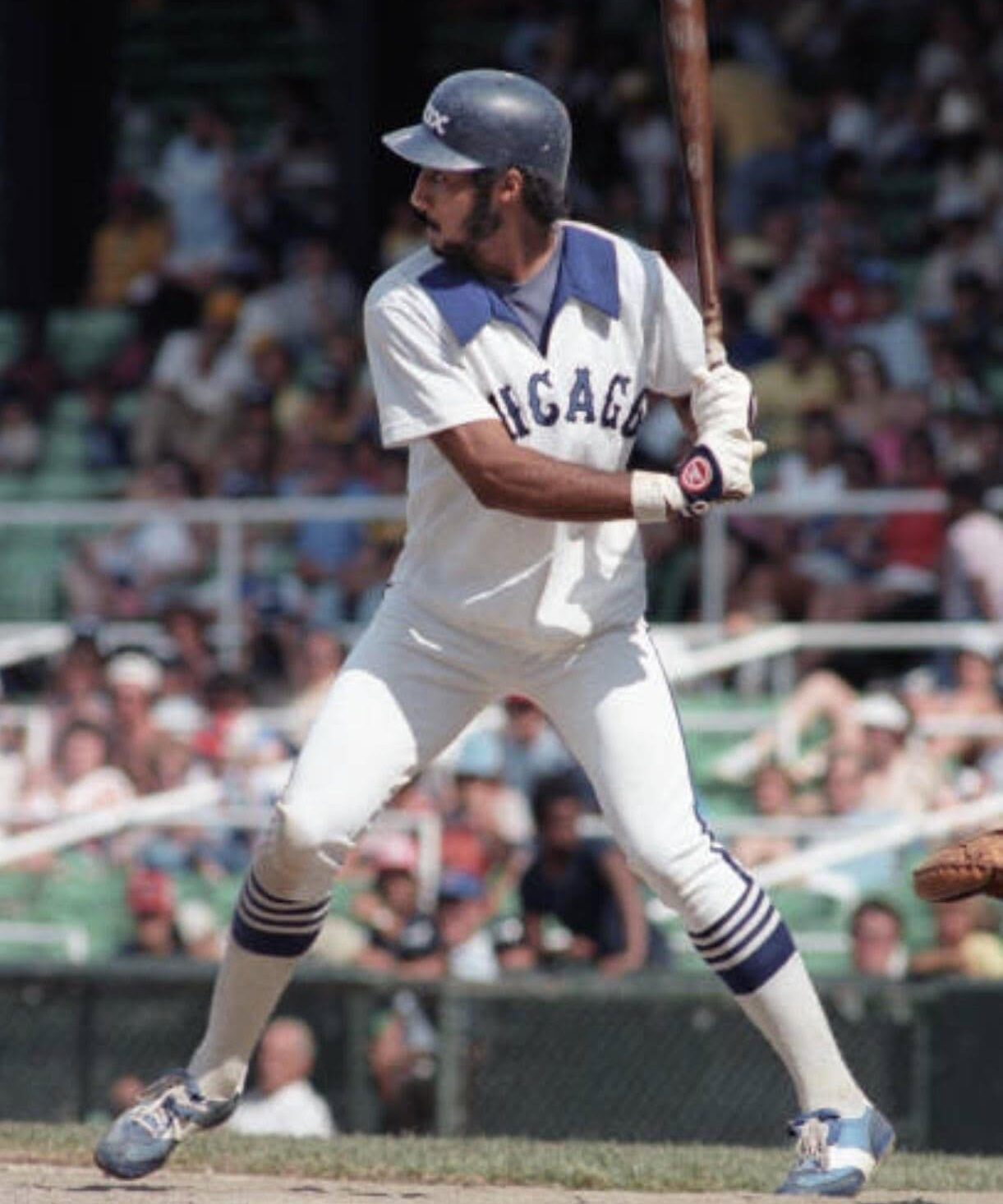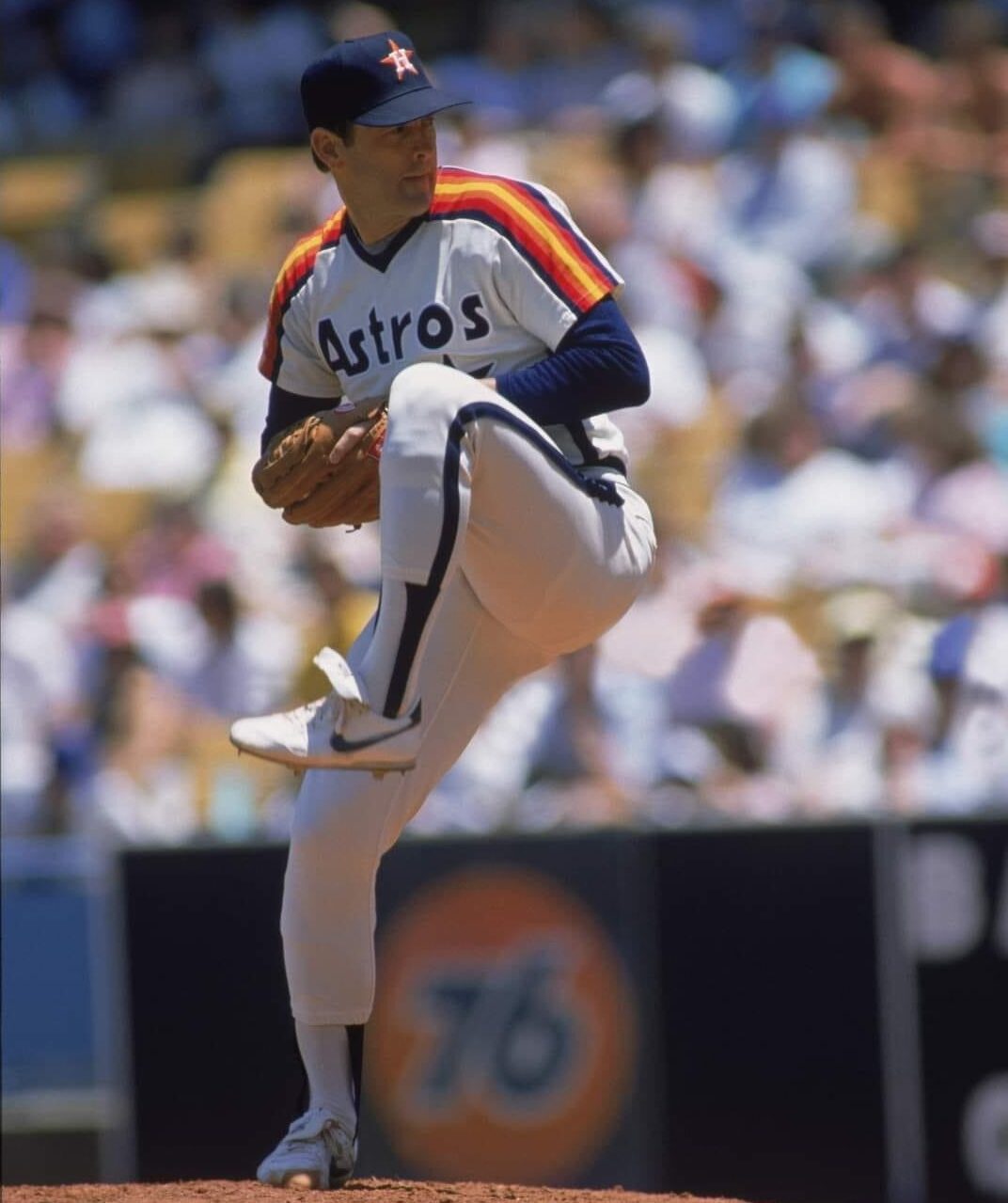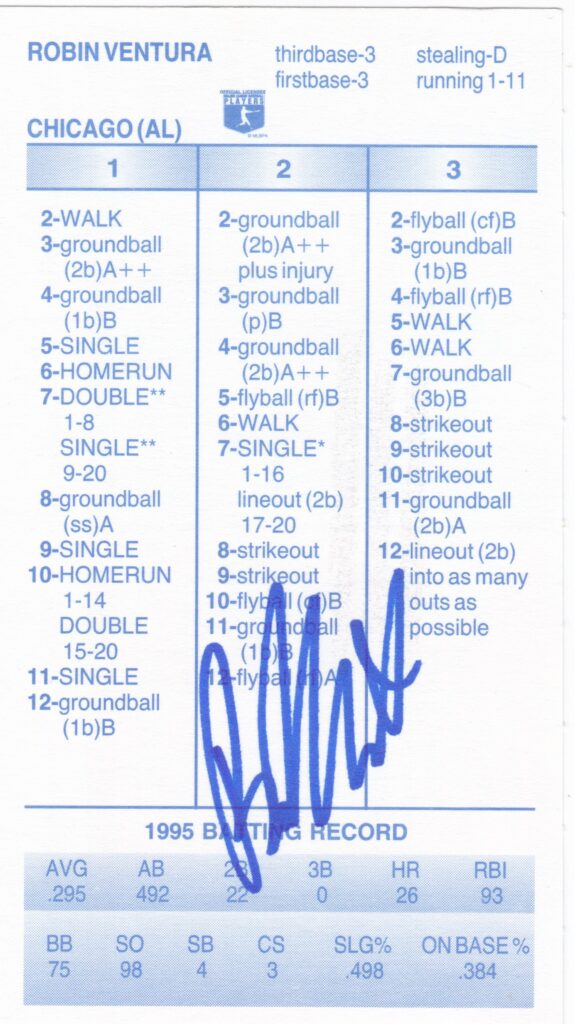
Robin Ventura had a remarkable amateur and professional baseball career. A three-time All American at Oklahoma State, Ventura hit in a Division I-record 58 consecutive games. In 1988 he won the Dick Howser Trophy and the Golden Spikes Award then earned a gold medal as a member of the USA Olympic team.
His performance pushed the White Sox to take him with the 10th overall pick in the ’88 draft. The next season he made his big league debut. By 1990 Ventura became Chicago’s everyday third baseman. From there his career took off.
In 1991 Ventura slammed 23 homers and drove in 100 runs. Defensively he earned the first of six Gold Glove Awards. By the end of the season he had 5.3 WAR and received votes in MVP Award balloting.
A left-handed batter and right-handed fielder, Ventura made his first All Star squad in ’92. He earned his third-straight Gold Glove in ’93 and helped the Sox reached the postseason for the first time in a decade and only the third time since 1920. By driving in 94 runs he also became the first American League hot-corner man with three straight 90-RBI campaigns since Graig Nettles in the mid-1970s.
His production continued. In ’95 and ’96 he combined to hit 60 homers and drive in 198 runs. A freak injury in a 1997 spring training game caused him to miss the first 98 games of the season. As he slid into home, Ventura’s foot got caught in the soggy mud. In a gruesome injury, he suffered a compound fractured and dislocation of his right ankle.
A .276 career hitter to that point, he hit 20 points lower for the rest of his career. In the 8 seasons before the injury, he struck out 100 times in only one season. From 1998 until he retired in 2004 he reached triple digits in Ks four times and mixed in a 91-strikeout season.
Ventura remained with Chicago through the end of 1998 before signing with the Mets in December. His first season in the Big Apple was resurgent. It included career-best in hits, RBI, batting average, total bases, slugging percentage and OPS. He also earned his sixth Gold Glove Award of the 1990s.
The third baseman stayed with the Mets for three seasons before a trade across town to the Yankees in December of ’92. In his lone full season with the Yanks, Ventura represented the team in the All Star Game. By season’s end he totaled 93 runs batted in, his eighth campaign with at least 90 RBI.
Ventura played 89 games for the Yankees in 2003 before being dealt to the Dodgers at the trade deadline. His final season came in ’04 when he hit .243 in 102 games in LA.
Robin Ventura hung up his spikes with 1,885 hits, 1,006 runs 294 homers, and 1,182 RBI. He tallied seven 4-WAR seasons, five 5-WAR seasons, and a pair of 6-WAR campaigns. His career WAR of 56.1 is higher than many Hall of Famers at his position including Jimmy Collins, Pie Traynor, George Kell, and Freddie Lindstrom.
Two years after his last big league game Ventura was voted into the College Baseball Hall of Fame.
In retirement Ventura’s ankle injury greatly hampered him. Walking with a limp and employing a cane, Ventura opted for surgery in 2005. Thanks to an ankle transplant complete with bone from a cadaver, Ventura was able to successfully rehabilitate his ankle. He now walks pain-free.
When Ventura became eligible for Cooperstown in 2010 he earned 1.3% of the vote and dropped from the writers’ ballot. In October the following year the White Sox hired him as their manager. Ventura piloted the Pale Hose for five seasons, posting a 375-434 mark before resigning at the end of 2016.
Two years later he was inducted into the Oklahoma Sports Hall of Fame. In 2020 Ventura returned to Oklahoma State to complete his degree and serve as a student assistant for the baseball team. He earned his degree in 2022 and remained as a volunteer assistant on the staff through the 2023 season.
In the collection is this Robin Ventura autographed Strat-O-Matic card from 1995. That season he posted career highs in both on-base percentage, and OPS+ with the White Sox.
Bucknell University math major Hal Richman originated the Strat-O-Matic game in 1961. Advertised in Sports Illustrated and sold out of Richman’s basement, Strat-O-Matic gave its players the ability to make managerial decisions based on MLB statistics.
